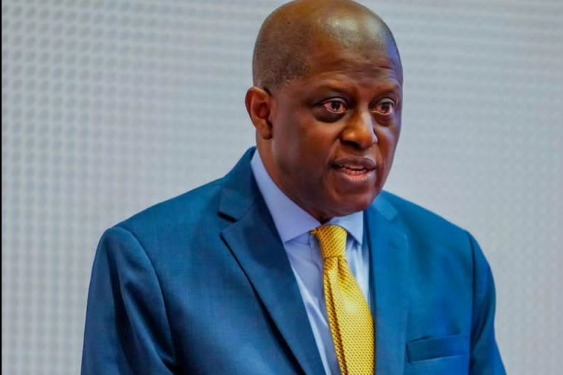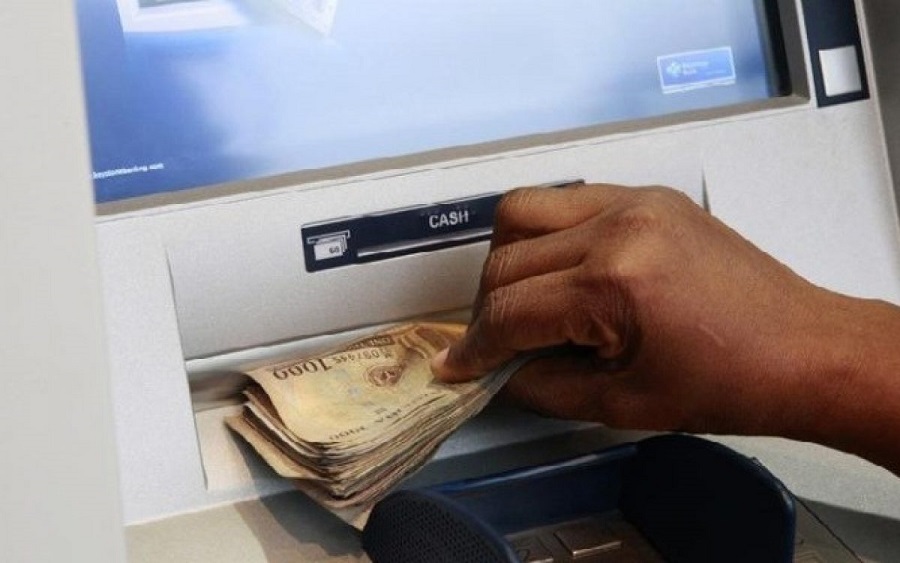Inflation rate, exchange rate pressures to decline in 2024 – Cardoso
The Governor of the Central Bank of Nigeria (CBN), Yemi Cardoso has stated that the upward trends in inflation and exchange rates are expected to decline in 2024.
The apex bank’s Chief also anticipates a decrease in revenue from oil exports in the upcoming year.
CBN Governor, Mr. Olayemi Cardoso, shared these insights on Thursday in Abuja during his appearance before the Joint Committee on Banking, Insurance, and Other Financial Institutions.
Cardoso reported that the total foreign trade reached N18.80 trillion as of the third quarter of 2023.
He expressed optimism about the domestic economy’s outlook for 2024, highlighting that both inflation and exchange rates are poised to absorb volatile pressures, leading to stabilization.
- He said, “The outlook for the domestic economy remains positive and is expected to maintain the positive trajectory for 2024.
- “Inflation pressures may persist in the short-term but are expected to decline in 2024.
- “Exchange rate pressures are also expected to reduce significantly with the smooth functioning of the foreign exchange market,”
New foreign exchange market
The Governor of the Central Bank of Nigeria (CBN) further stated that the consolidation of exchange rate windows in June prompted a fresh strategy in exchange rate management, to diminish arbitrage, discouraging rent-seeking behaviour, and curbing speculation in the market.
- He stated, “The policy aims to create a market where the demand and supply of foreign exchange determines the exchange rate.
- “The premium has narrowed and our focus on increasing the autonomous FX supply will lead to more stability and further narrowing of the premium.
- “Total trade in the third quarter of 2023 stood at N18.8 trillion and exports valued at N10.3 trillion, while total imports stood at N8.4 trillion,”
Revenue from crude oil sales
On the outlook in terms of revenue projection from the oil industry, Mr. Cardoso said he expects less revenue from the oil industry next year due to the OPEC quota for Nigeria pegged at 1.78mpd.
He alluded to crude oil theft, production shut-ins and divestment from oil majors as being responsible for the country’s limping oil production in recent years.
What you should know
Nigeria’s inflation rate has been on a 9-month consistent increase rising to 27.33% for November- the highest in 18 years. KPMG predicts the inflation rate to reach 30% by December while the federal government projects a drop to 21.4% in 2024 according to the budget proposal.
The naira has lost over 50% of its value since the CBN unified the foreign exchange market in June. In the parallel market, the naira has traded at over N1000 to the USD this month.



















